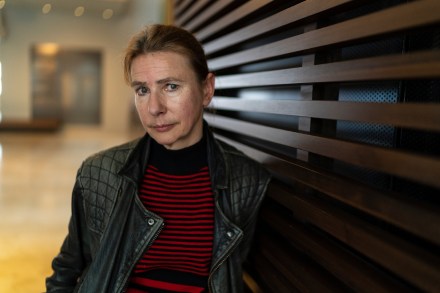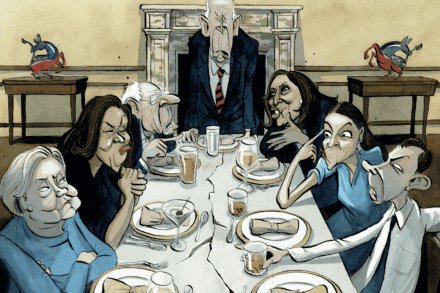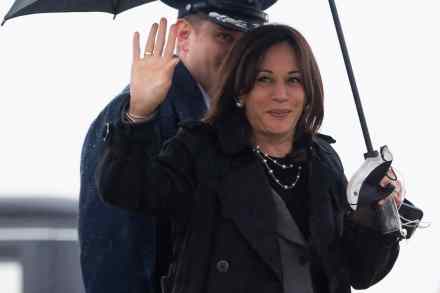Is there a British version of America’s attachment to guns?
Now that the horror of the Uvalde school shooting in Texas has begun to ebb away, as it always does, it is easy to think that things have returned to normal. And in America, they certainly have returned to normal. That is to say, the mass shootings continue, at the rate of about 11 a week, with a total of around 300 so far this year. As things stand, America is on course for its deadliest year of gun violence ever (equalling last year). Here are a few details of just some of these slayings. At the beginning of this June, an angry patient in Tulsa, Oklahoma shot dead his




















